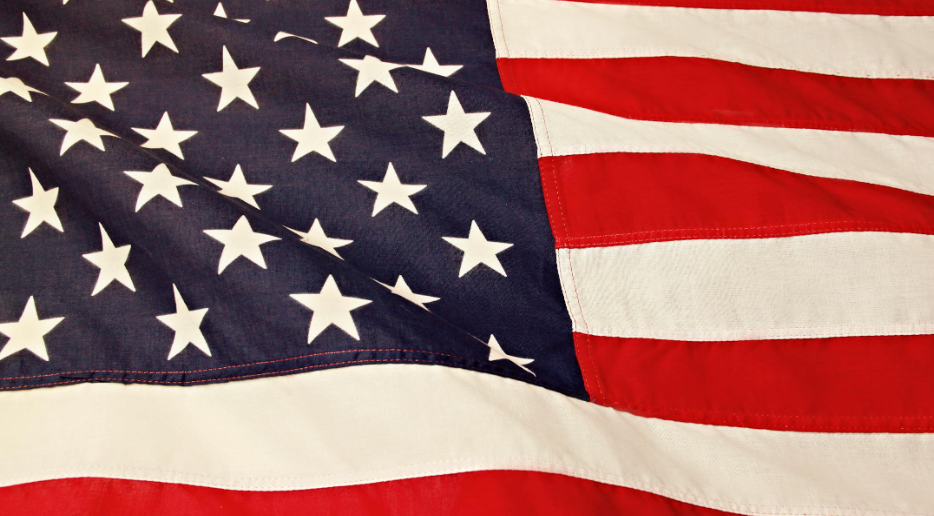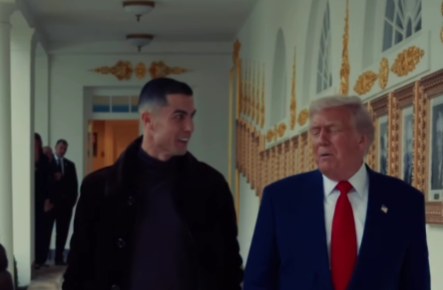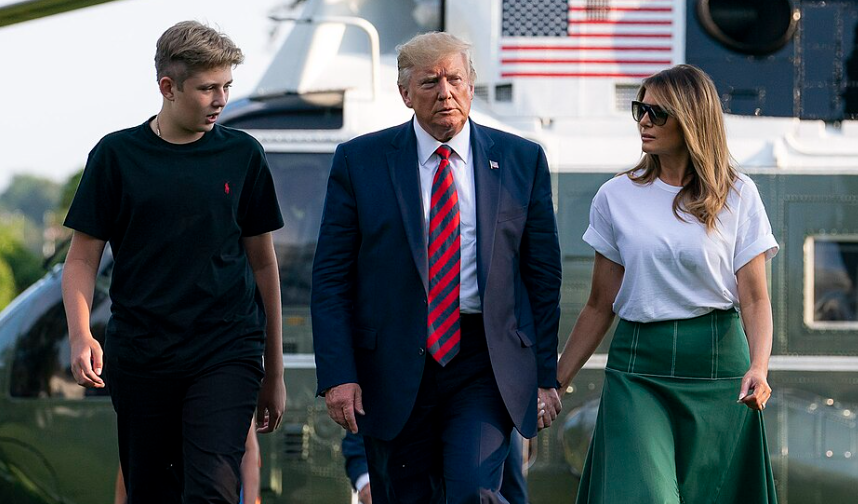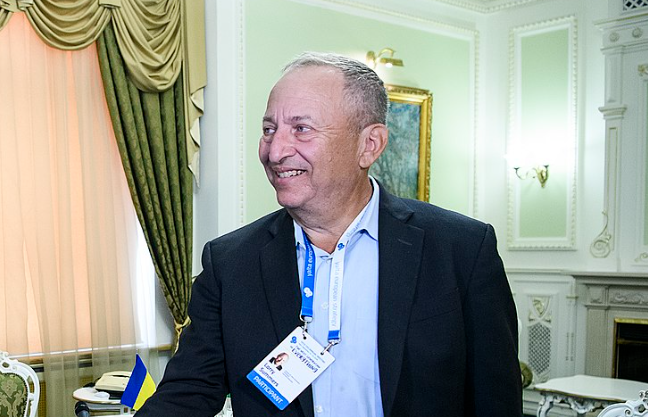The VA Restricts Doctors from Publishing Without Clearance

© Sharefaith / Pexels
The U.S. Department of Veterans Affairs (VA) has issued new internal orders requiring its scientists and doctors to obtain approval from political appointees—specifically from the offices of VA Secretary Doug Collins—before publishing in medical journals or speaking to the media.
The directive, revealed June 1 by The Guardian, emerged shortly after VA pulmonologists published a piece in the New England Journal of Medicine warning that staffing cuts could harm veterans’ health.
What the VA Directive Entails
The restrictions began with emails from Curt Cashour (VA Assistant Secretary for Public Affairs) and John Bartrum (Senior Adviser), emphasizing that publishing without proper clearance violates VA policy. The move applies to all VA medical personnel, including physicians researching respiratory issues linked to toxic exposures and veteran care.

Veteran Advocates & Scientists Push Back
Veteran groups and VA workers see the directive as part of a broader “war on science” under the current administration. Critics highlight its chilling effect on peer-reviewed research and public discourse. Psychiatry expert Harold Kudler told The Guardian the policy is “another attack on freedom of speech,” warning that research programs will be intimidated.
Historical Context: Mounting Cuts & Censorship
This policy aligns with sweeping federal actions: the VA has cut over 1,000 probationary employees, and broader Trump-era measures have slashed funding at NIH, CDC, and HHS, triggering lawsuits and a scientist exodus. The VA directive reflects a growing trend of centralized control over public health narratives.
What’s at Stake
- Research Integrity: VA scientists fear self-censorship, weakening oversight, and public health responses.
- Veteran Health: Staff reductions and publication limits may delay critical findings on cancer, PTSD, and toxic exposure.
- Legal scrutiny: The move may face legal challenges from advocacy groups demanding transparency and institutional independence.

Broader Implications
This development indicates a heightened politicization of federal science. With control over data and publications, policymakers could influence the narrative around veteran health priorities. This could raise concerns about accountability, informed care, and scientific autonomy.
You might also want to read: Do You Approach Life Like a Scientist or an Artist?


